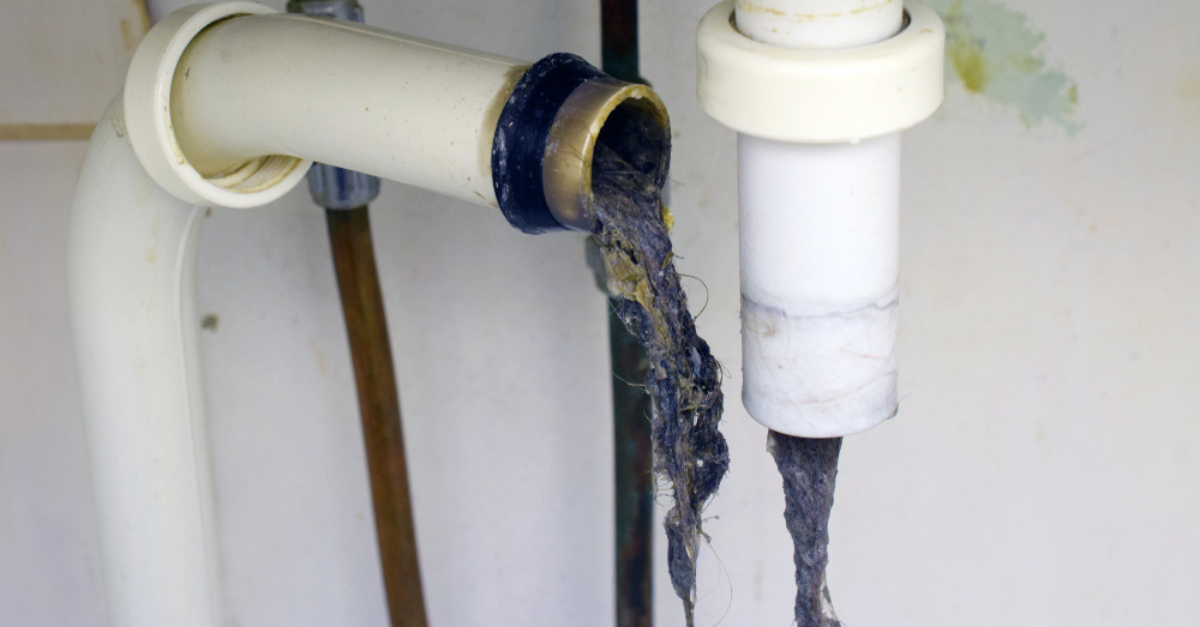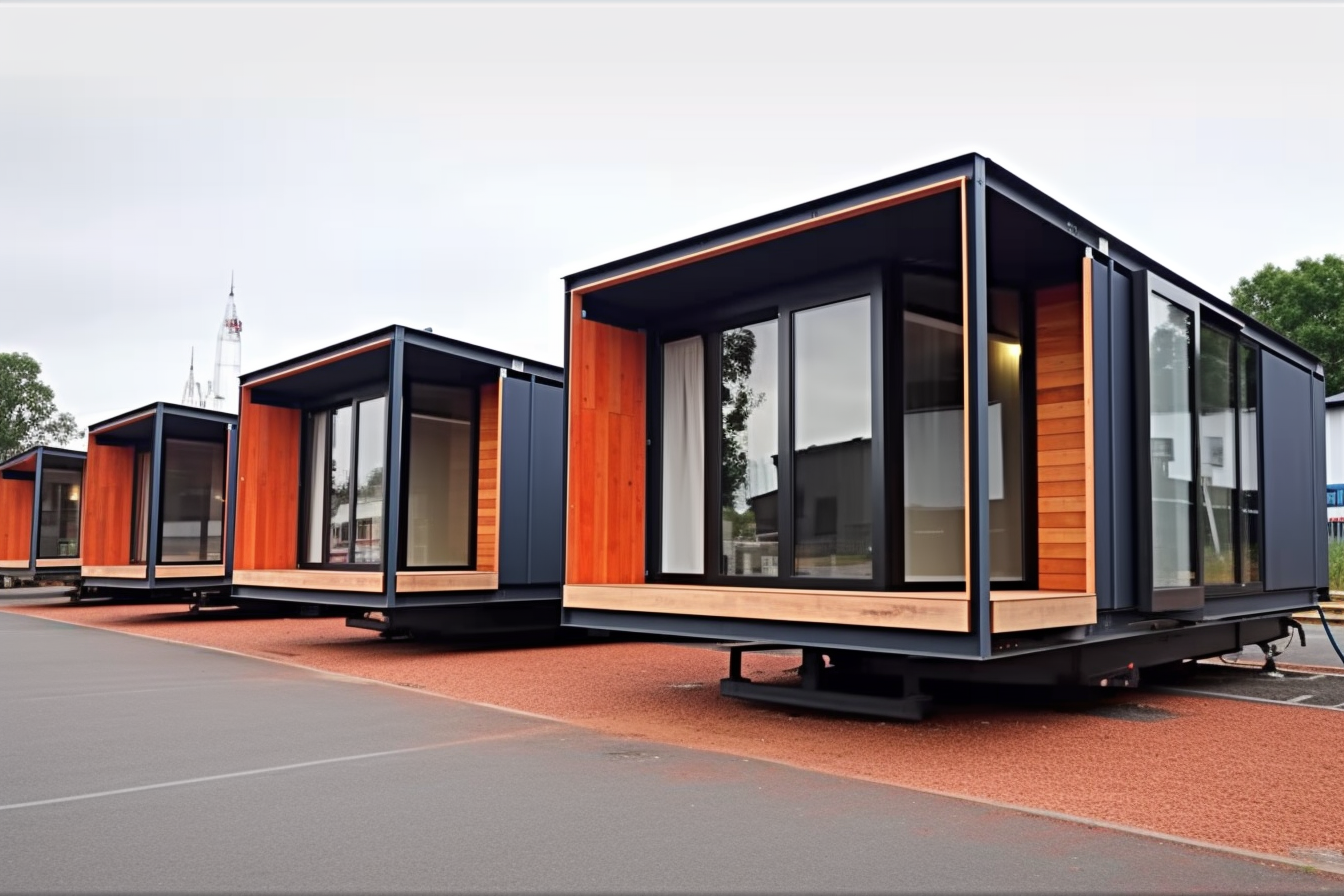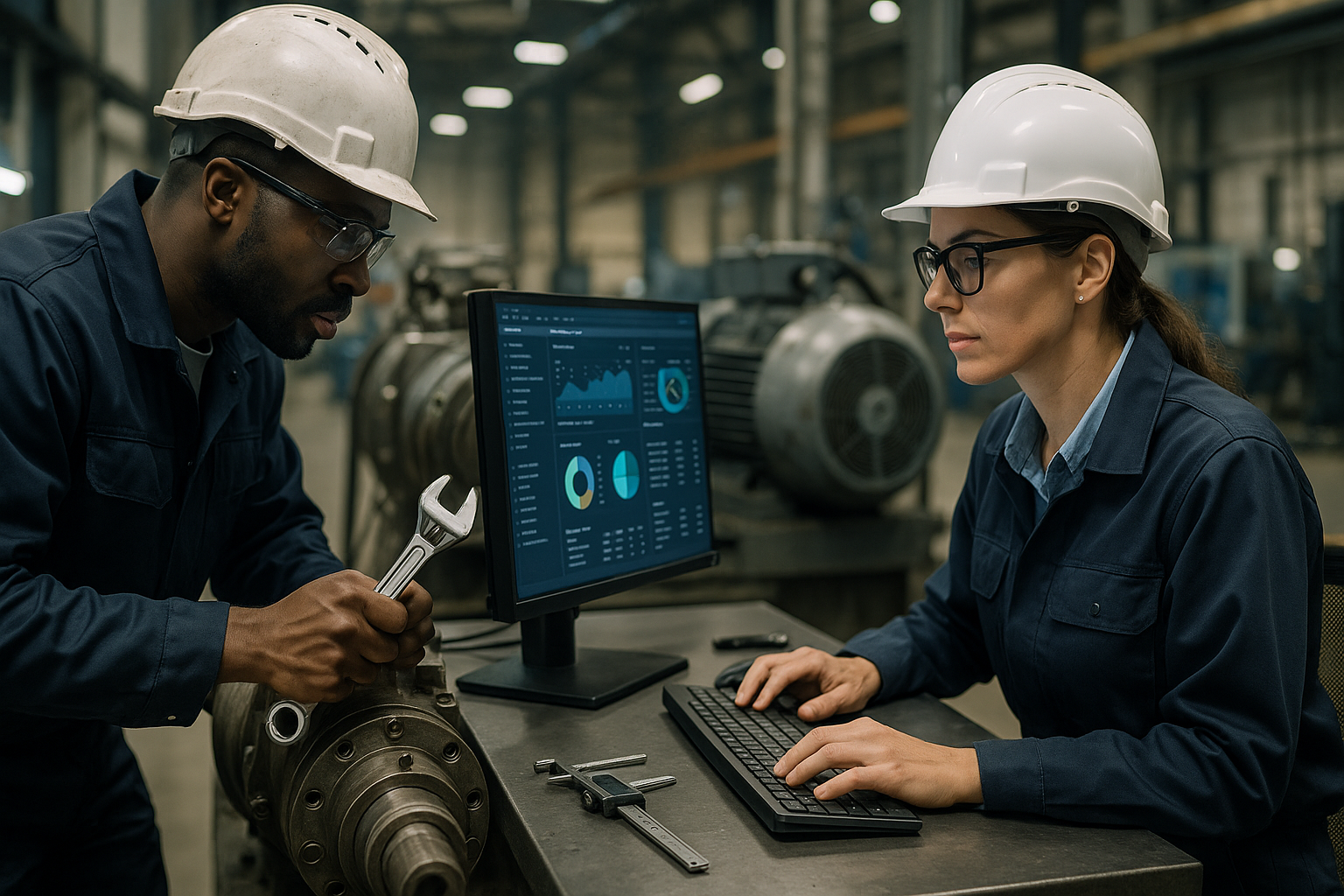Urgent Plumbing Issues? How to Get Fast Solutions
Plumbing emergencies rarely wait for a convenient time to strike. A burst pipe at midnight, a severely clogged toilet on a holiday weekend, or a water heater failure during winter can quickly escalate from inconvenience to property damage. Unlike scheduled maintenance, urgent plumbing issues demand immediate attention to prevent structural damage, mold growth, and costly repairs. Understanding how to respond effectively to these situations can save thousands of dollars and significant stress. This guide walks you through the essential steps to address urgent plumbing problems swiftly and effectively.

Identifying the Problem
Before seeking help, determining what you’re dealing with can save precious time when communicating with professionals. Common urgent plumbing issues include:
-
Burst or severely leaking pipes that are actively releasing water
-
Complete drain blockages causing overflow or backup
-
Water heater failures during cold weather
-
Sewage backups creating unsanitary conditions
-
No water pressure throughout the home
The severity often determines the urgency. For example, a slow-dripping faucet can usually wait for regular business hours, while water rapidly pooling on floors requires immediate action. Look for visual signs like water stains, unusual sounds like hissing or bubbling, or unpleasant odors that might indicate sewage problems. When possible, locate your main water shutoff valve—typically near where the water main enters your home—as turning this off can prevent extensive damage while awaiting professional help.
Locating Near-Immediate Assistance
When facing an urgent plumbing crisis, finding qualified help quickly becomes the priority. Several approaches can connect you with emergency plumbing services:
Emergency plumbing services operate 24/7, understanding that plumbing disasters don’t adhere to business hours. When searching for immediate help, start with plumbers specifically advertising emergency services in your area. Many contemporary plumbing companies offer online booking systems with estimated arrival times, helping you gauge how quickly relief will arrive.
Digital platforms like dedicated emergency service apps can connect you with available plumbers nearby, often providing response time estimates and upfront pricing information. Local service directories frequently maintain separate “emergency services” sections that list providers with after-hours capabilities. Additionally, some home insurance policies include emergency plumbing services or can recommend verified professionals, making it worthwhile to contact your provider during a crisis.
The Advantage of Specialized Services
Not all plumbers are equally equipped to handle every situation. Specialist plumbers bring distinct advantages when facing specific emergency scenarios:
Leak detection specialists use sophisticated equipment like thermal imaging cameras, acoustic sensors, and moisture meters to pinpoint hidden leaks without extensive exploratory damage to walls and floors. Drain specialists maintain focused expertise and specialized tools for addressing severe blockages, particularly when standard consumer-grade solutions have failed.
For aging buildings, historical home specialists understand working with outdated plumbing systems and materials like galvanized pipes, lead connections, or non-standard dimensions. High-rise building specialists comprehend the complexities of water pressure systems and the interconnected nature of plumbing in multi-unit structures. Commercial plumbers handle the larger-scale systems found in business settings, bringing equipment sized appropriately for these more substantial installations.
While general plumbers can handle many emergencies, matching the specialist to your specific situation often results in faster, more effective resolutions with less collateral damage to your property.
Balancing Cost and Expertise
Emergency plumbing services typically command premium rates, reflecting their readiness to respond outside normal business hours. Understanding the cost structure helps prepare for the financial impact:
Emergency call-out fees generally range from $100-$350 before any work begins, with hourly rates often double the standard daytime rate—typically $150-$450 per hour depending on location and time of day. Weekend and holiday services frequently incur additional surcharges of 25-100% above normal emergency rates.
| Service Type | Typical Cost Range | Factors Affecting Cost |
|---|---|---|
| Standard Emergency Call-Out | $100-$350 | Time of day, distance |
| Burst Pipe Repair | $400-$1,500+ | Location of pipe, extent of damage |
| Severe Drain Clog | $200-$700 | Location, complexity, equipment needed |
| Water Heater Emergency | $500-$1,800 | Repair vs. replacement, model |
| Sewer Line Backup | $500-$2,500+ | Access difficulty, extent of backup |
Prices, rates, or cost estimates mentioned in this article are based on the latest available information but may change over time. Independent research is advised before making financial decisions.
While cost matters, quality shouldn’t be compromised during emergencies. Verify licensing and insurance before work begins, even in urgent situations. Request a detailed estimate before authorizing work, even if provided verbally during an emergency call. Understand that addressing only the immediate danger (stopping water flow) might be more affordable initially than complete repairs, which can follow during regular business hours.
Most reputable emergency plumbers offer various payment options, including financing for major repairs. Some insurers cover emergency plumbing under homeowner policies, making it worthwhile to contact your insurance company while awaiting the plumber.
Preventing Future Plumbing Emergencies
Being proactive can significantly reduce the likelihood of facing plumbing emergencies:
Regular maintenance checks can identify potential issues before they escalate into crises. Schedule professional plumbing inspections every 1-2 years, focusing on older components of your plumbing system. Learn the location of main shutoff valves for water, individual fixture shutoffs, and how to operate them quickly in emergencies.
Install water leak detection devices near high-risk areas like water heaters, washing machines, and under sinks. These smart devices can alert you via smartphone when moisture is detected, even when you’re away from home. In colder climates, properly insulate exposed pipes and maintain minimum heating during absences to prevent freezing and bursting.
Consider upgrading aging plumbing components proactively rather than waiting for failure. Water heaters, for example, typically last 8-12 years—replacing them at the 10-year mark can prevent middle-of-the-night emergencies. Maintain a relationship with a reliable plumber for regular service, as established customers often receive priority during high-demand emergency periods.
By combining rapid response strategies with preventive measures, you can minimize both the frequency and impact of plumbing emergencies, protecting your property and peace of mind.




